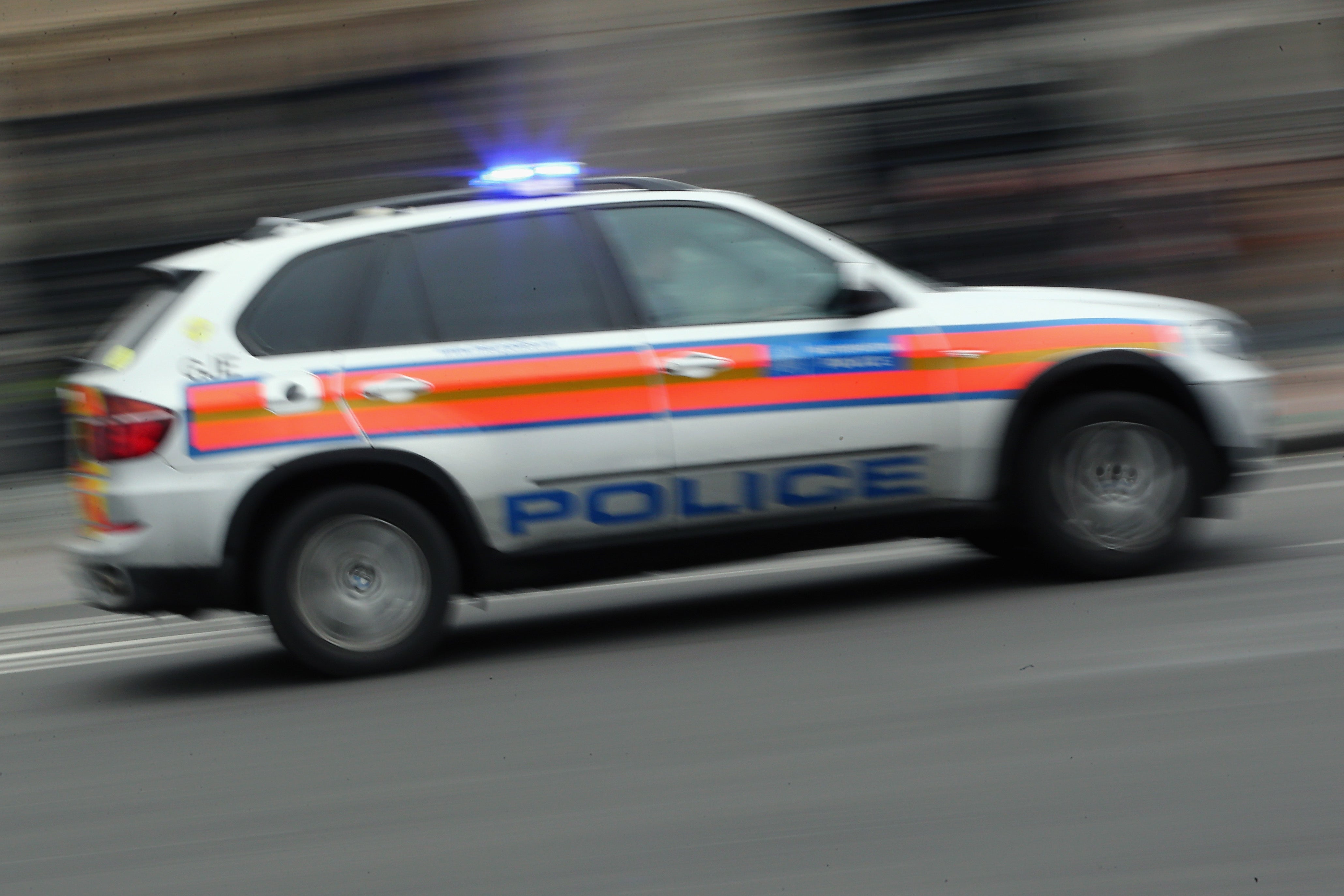Accidental 'pocket dials' are putting a huge strain on the emergency services
The 'emergency call' feature built into all phones is making it easier than ever to accidentally call 999

Accidental 'pocket dials' are putting a huge strain on the emergency services - with researchers in America estimating that around 84 million unintentional emergency calls are made per year in the US alone.
It can be annoying when someone pocket dials you, but it's becoming a major drain on time and resources for the already overstretched emergency services.
If an emergency services operator gets a silent call, they have no way of knowing whether it was an accident, or whether the caller is unable to speak due to danger or injury.
Operators usually then call back to determine whether the call was genuine or a mistake. This takes time, and according to BBC News, 39 per cent of San Francisco emergency operators said chasing up these silent emergency calls was the biggest 'pain point' they had in their job.
The advent of smartphones made it seem like the era of the pocket dial was over - with no physical buttons, it's much harder to accidentally call someone just by sitting on your phone.
However, the 'emergency call' feature built into smartphones has made the accidental 999 call just as common.
All phones are obliged to have this feature, and with good reason. With public phoneboxes now a thing of the past, it's essential that people can make emergency calls regardless of whether it's their phone, whether they've paid the bill, or whether they know the password.
However, with a simple swipe and tap on the phone's lock screen, you can make an emergency call instantly - making it fairly easy to accidentally call 999 while holding your phone in your pocket.
This useful feature of smartphones may have actually made the problem worse - in San Francisco, the number of 911 calls increased by 28 per cent between 2011 and 2014. There's a potential correlation there with the spread of smartphones and the number of emergency pocket dials.
It would be simple solution if emergency operators were to simply end silent calls, but this has claimed lives in the past. In 2003, British teenager Hannah Foster called 999 with her phone in her pocket after she was abducted.
Unable to speak into the phone, she hoped that the operator on the other end would understand she was in trouble and send help. Unfortunately, the operator was using a call handling system called Silent Solutions, which screens silent calls and automatically cuts them off.
The line went dead, and later Hannah was raped and murdered by her abductor, Maninder Pal Singh Kohli.
While accidental calls can be a strain on the emergency services, it is a bigger waste of energy to have emergency services sent out to look for you when it's not neccessary.
Accidentally triggering a 999 call is not an offence, so the British Red Cross recommends that if you do pocket dial the emergency services, it is best to stay on the line, and explain to the operator that the call was unintentional.
Subscribe to Independent Premium to bookmark this article
Want to bookmark your favourite articles and stories to read or reference later? Start your Independent Premium subscription today.

Join our commenting forum
Join thought-provoking conversations, follow other Independent readers and see their replies